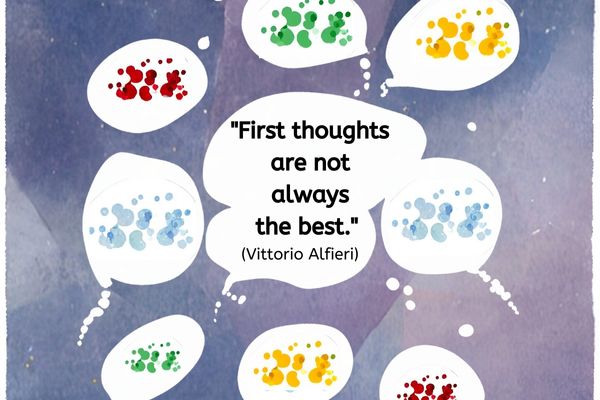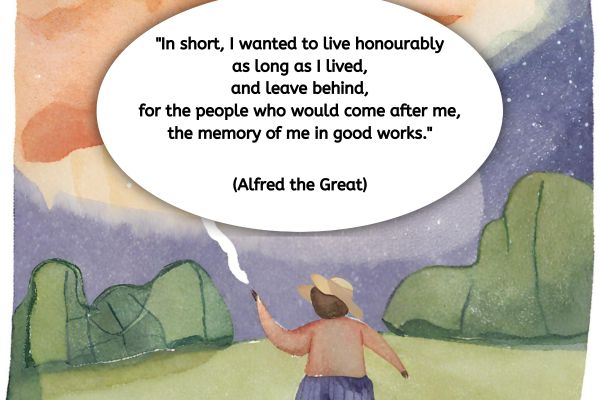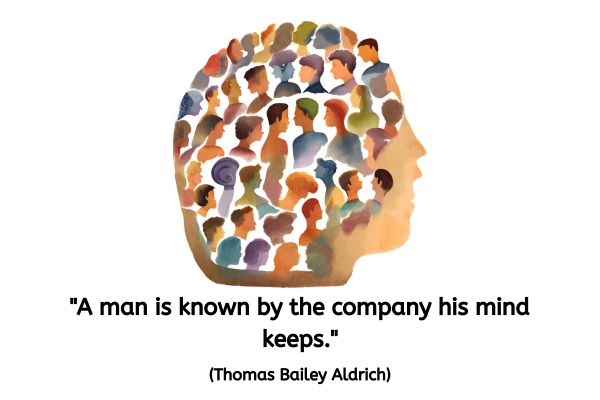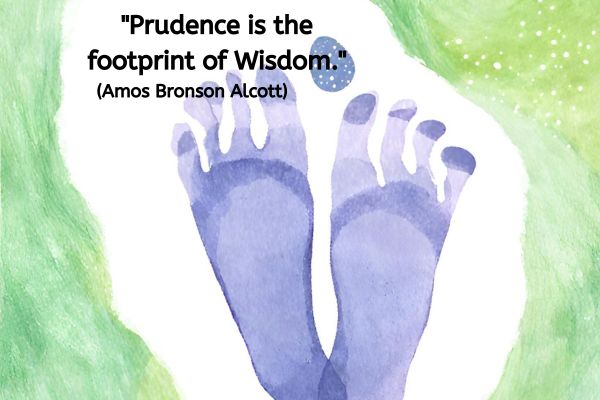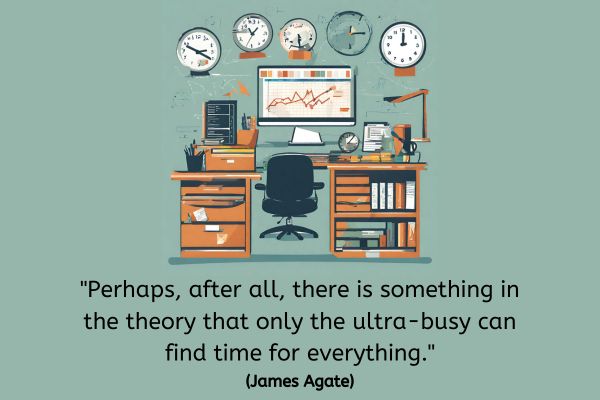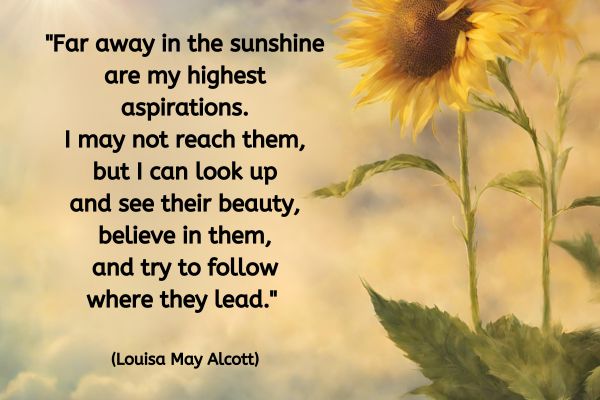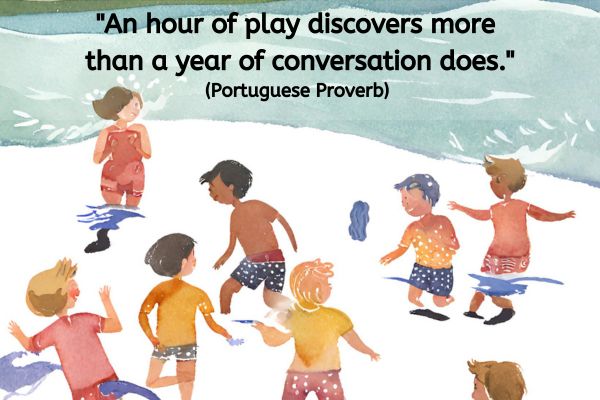Unlocking Success in Coaching: Navigating the ‘Right Lock’
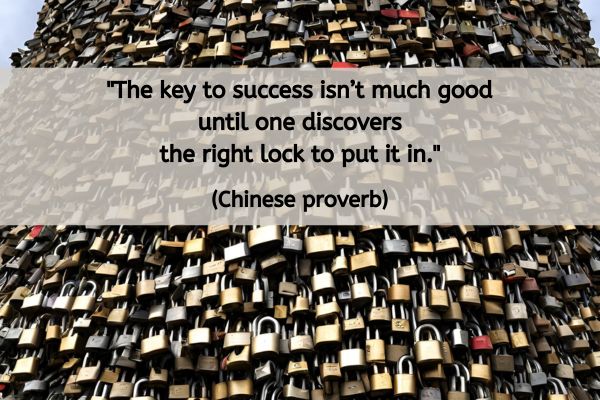
Today’s quote is:
“The key to success isn’t much good until one discovers the right lock to put it in.” – Chinese Proverb
I think that there us an art and a science to coaching. Which means that at times it can feel that there is an intricate dance of coaching, I don’t mean that it has to be “hard”, there can be an ease rather like if muscle memorary kicks in. I reffer to responding “in real time” as the conversation unfolds. This proverb, urges us to explore the alignment between our unique ‘key to success’ and the elusive ‘right lock’ it fits into. Let’s talk specifically about how this relates to unlocking success in coaching and how it resonates with your coaching methodologies.
Guiding Individuals to Their Unique ‘Key to Success’:
As coaches, many of us see our role as guides, assisting individuals in uncovering their distinctive ‘key to success.’ This may involve a deep exploration of passions, talents, and values, intricately aligned with personal goals and aspirations. How do you approach this discovery process in your coaching practice?
Recognizing the ‘Right Lock’:
The proverb prompts contemplation on how we recognize the ‘right lock.’ Is it marked by a surge of passion, a self-propelling drive, and an unwavering sense of fulfillment? Do you look for your clients to wake up each day motivated and excited, even in the face of challenges? Share your insights on identifying the resonant ‘lock’ in your coaching interactions.
Different Focus, Different Reports:
For coaches with diverse focuses, what do your clients ideally report back after working with you? Whether it’s navigating professional transitions, enhancing leadership skills, or fostering personal growth, understanding the impact from your client’s perspective can be a big key!
Crafting Your Coaching Style:
The essence of the proverb extends to how we, as coaches, navigate our own coaching journeys. It emphasizes the power of individualism, acknowledging that finding the ‘right lock’ involves trying and adapting. If you’re in the process of refining your coaching style, know that it’s a natural evolution. Share your experiences and insights on shaping your unique coaching approach in the comments below.
Beware of Forcing Keys:
The cautionary note in the proverb resonates with the potential pitfalls of rushing the process. Momentary progress can be mistaken for lasting success. How do you stay true to your core values, your guided path, and resist the temptation to force the ‘key’ into the wrong ‘lock’? Share your approach for navigating this delicate balance.
Embrace the Journey of unlocking success:
The journey to find the ‘right lock’ is a nuanced exploration. Embrace the process, stay true to your values, and let the unfolding chapters guide you. Share your thoughts, reflections, and experiences in the comments below.
About Jen Waller

Jen Waller is on a mission to support, nurture and encourage coaching skills and talents from non-coach to coach and beyond.
As an experienced coach and trainer Jen is happy to utilise all skills at her disposal to assist clients from getting out of their own way and making a difference in the world with their coaching. Find out more about the
